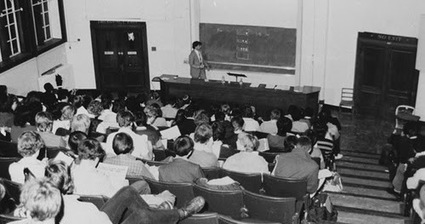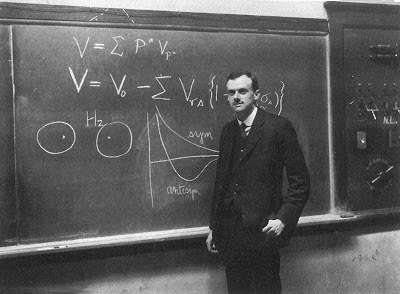Most of the students starting university at the end of summer 2017 were born around the turn of the century. They will have no memories of the 20th century, which just happens to be the same century their lecturers were born and educated within. It's a sobering thought.
The class of 2020 may have expectations about learning which run counter to the ethos of the traditional university. These young people - sometimes referred to as Generation Z, or Centennials - will redefine our understanding of learning, and will challenge the way university education is conducted.
It's safe to claim that much of higher education is firmly rooted in the past, reflecting colonial history, traditional values and 20th (or even 19th) Century pedagogies. The latter is perpetuated consistently and guarded jealously. Lecturers tend to teach in the same way they themselves were taught. This might be seen as a generalisation, because there are some pockets of innovative pedagogy to be found in every large education institution. Yet innovative pedagogy in higher education is not prevalent, and academics are generally reluctant to change their methods. This is due to a number of factors, some of which are discussed in this Time Higher Education article. The lecture in a tiered amphitheatre to large groups of students remains the norm, and undergraduates are expected to learn mainly by listening and reading, before sitting examinations or writing lengthy essays to test their knowledge. The guardians of this knowledge are the academics. Students are often dissuaded from using technology unless they are in a designated area such as an ICT suite. It's a cycle that is repeated across three or more years of undergraduate study, and at the end the student hopefully emerges with a degree in their chosen subject.
Via Miloš Bajčetić



 Your new post is loading...
Your new post is loading...










